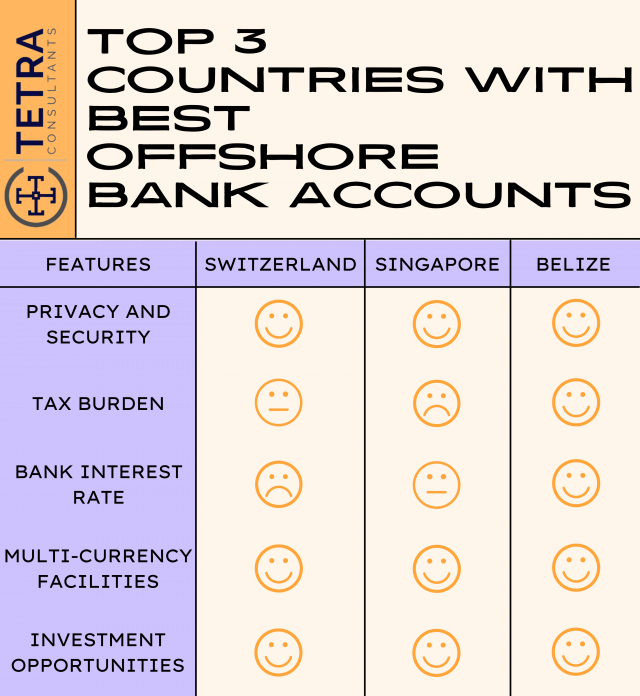Legal Insights Hub
Your go-to source for the latest in legal news and information.
Surfing the Waves of Offshore Banking
Discover the secrets of offshore banking! Ride the wave to financial freedom with expert tips and strategies in our latest blog post.
Understanding Offshore Banking: A Beginner's Guide
Offshore banking can seem daunting for beginners, but understanding the concept is the first step toward leveraging its benefits. Offshore banks are financial institutions located outside your country of residence, often in jurisdictions that offer favorable regulations, privacy, and tax advantages. Many individuals choose offshore banking for reasons such as asset protection, minimum investment thresholds, and enhanced privacy. To gain a foundational knowledge of this subject, it's advisable to consult resources like Investopedia's Offshore Banking Guide.
When considering whether an offshore bank account is suitable for you, it's essential to weigh the pros and cons. On one hand, having an offshore account can diversify your assets and provide access to international markets. However, it may also come with complexities, including regulatory considerations and potential tax implications. Interested readers can further explore these aspects through comprehensive articles, such as Forbes' Overview of Offshore Bank Accounts.

The Benefits and Risks of Offshore Accounts
Offshore accounts offer a range of benefits, making them attractive to individuals and businesses alike. First and foremost, they provide enhanced financial privacy, allowing account holders to keep their financial affairs discreet. Additionally, offshore accounts can offer tax advantages, depending on the jurisdiction. For instance, certain countries have favorable tax regimes, which can significantly reduce the overall tax burden for investors and expatriates. According to Investopedia, these accounts may also facilitate international transactions by providing users with better access to foreign markets.
However, there are also notable risks associated with offshore accounts. Regulatory scrutiny has intensified in recent years, and failure to comply with tax laws can lead to severe penalties. Furthermore, the complexity of managing offshore accounts can pose challenges, especially for those unfamiliar with the corresponding legal requirements. As noted by Forbes, the misconception that offshore accounts are a means to evade taxes can also tarnish a person's reputation, making transparency and adherence to regulations absolutely essential for account holders.
Is Offshore Banking Right for You? Key Questions to Consider
As you explore the concept of offshore banking, it's essential to assess whether this financial strategy aligns with your individual goals and circumstances. Start by asking yourself some critical questions: What are my primary motivations for considering offshore banking? Common reasons include asset protection, tax optimization, and increased privacy. Additionally, consider the benefits and risks associated with such accounts. Evaluating these aspects will help you determine if offshore banking is suitable for your financial situation.
Another vital question is: Are you prepared to navigate the complexities of international banking regulations? Offshore accounts often require compliance with both local and international laws, including tax obligations. This means understanding how FATCA (Foreign Account Tax Compliance Act) applies to you and whether you are ready to disclose your offshore assets as required. If the thought of managing these regulations seems daunting, it may be worth consulting with a financial advisor who specializes in offshore banking to help you make an informed decision.